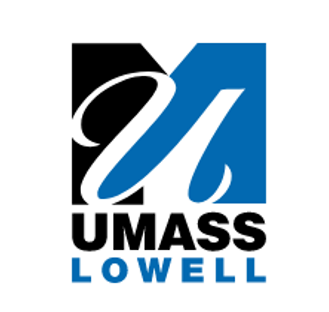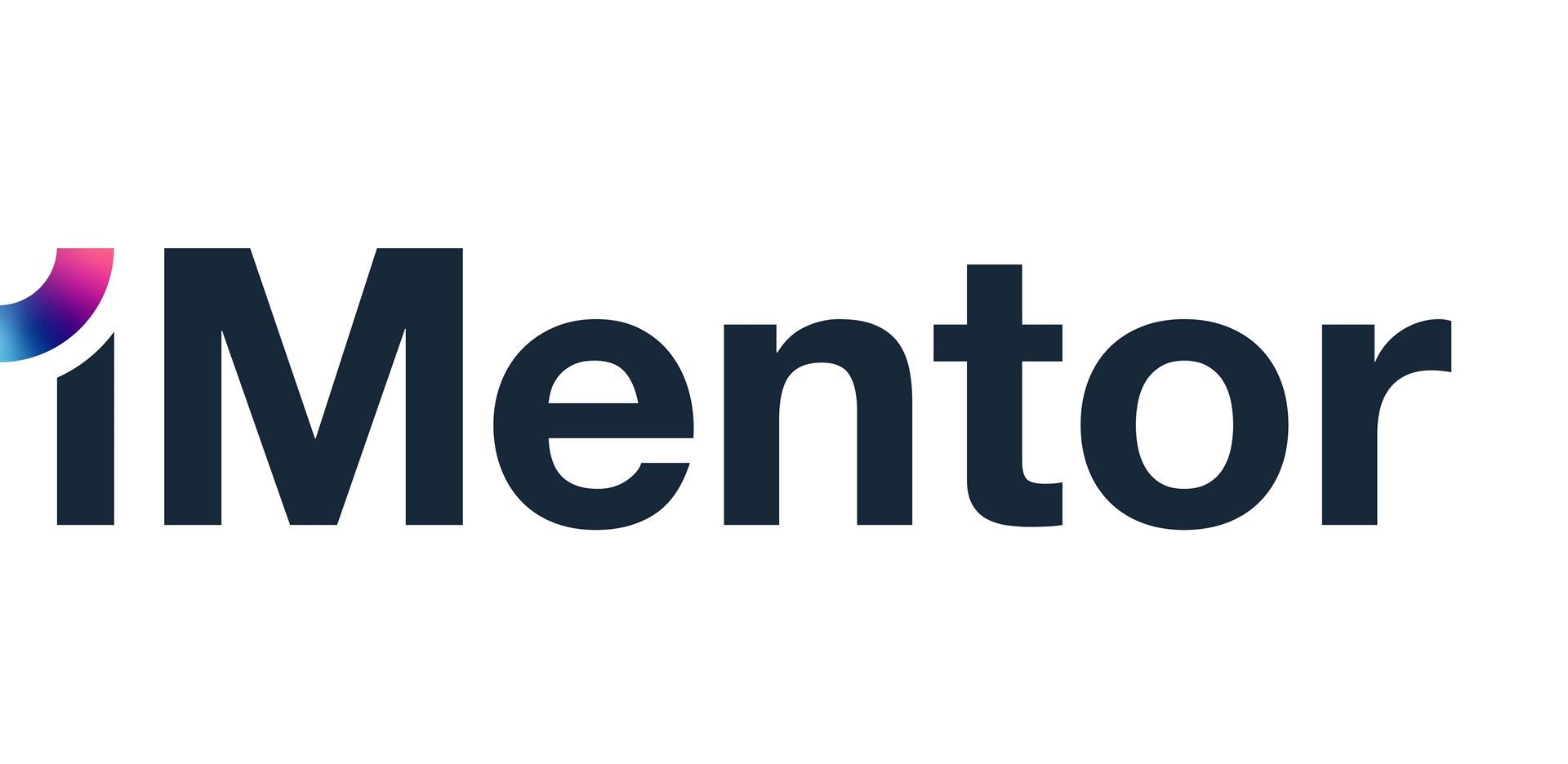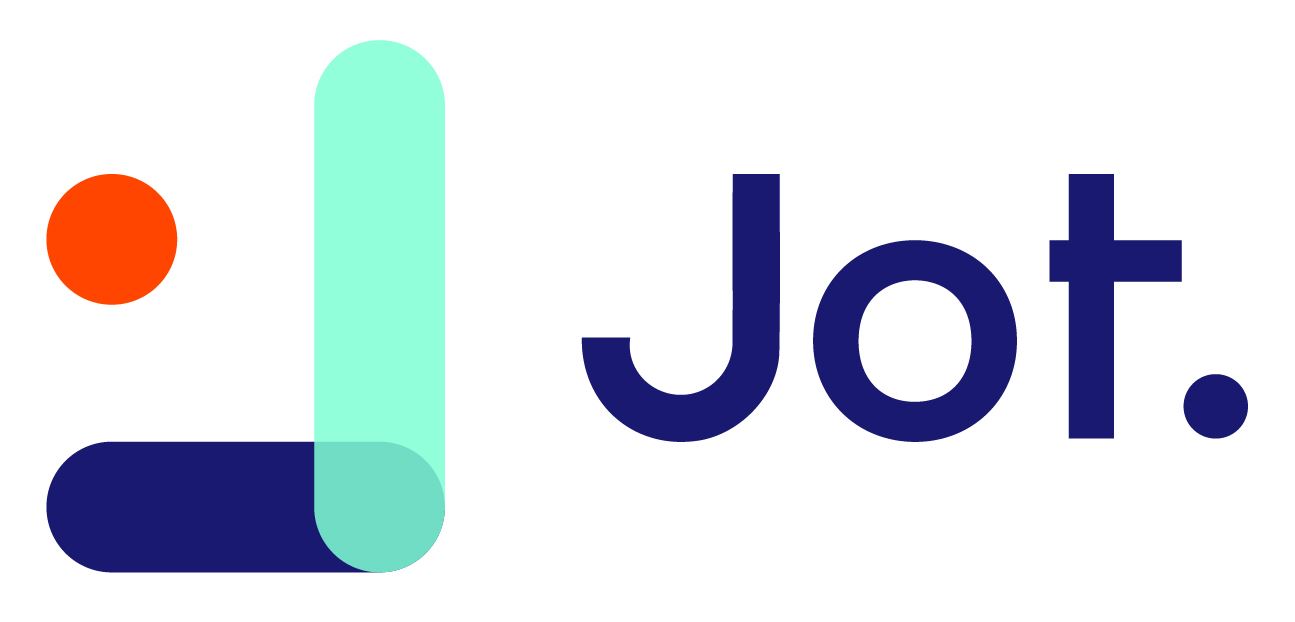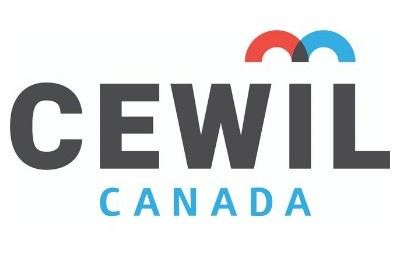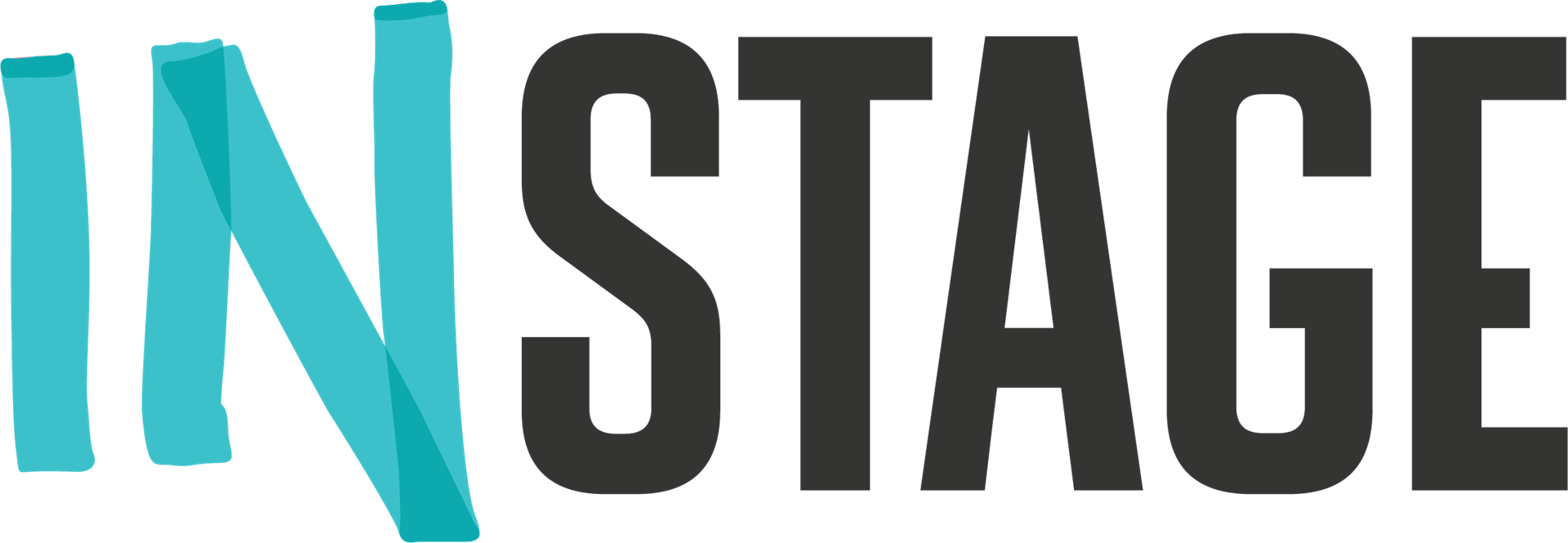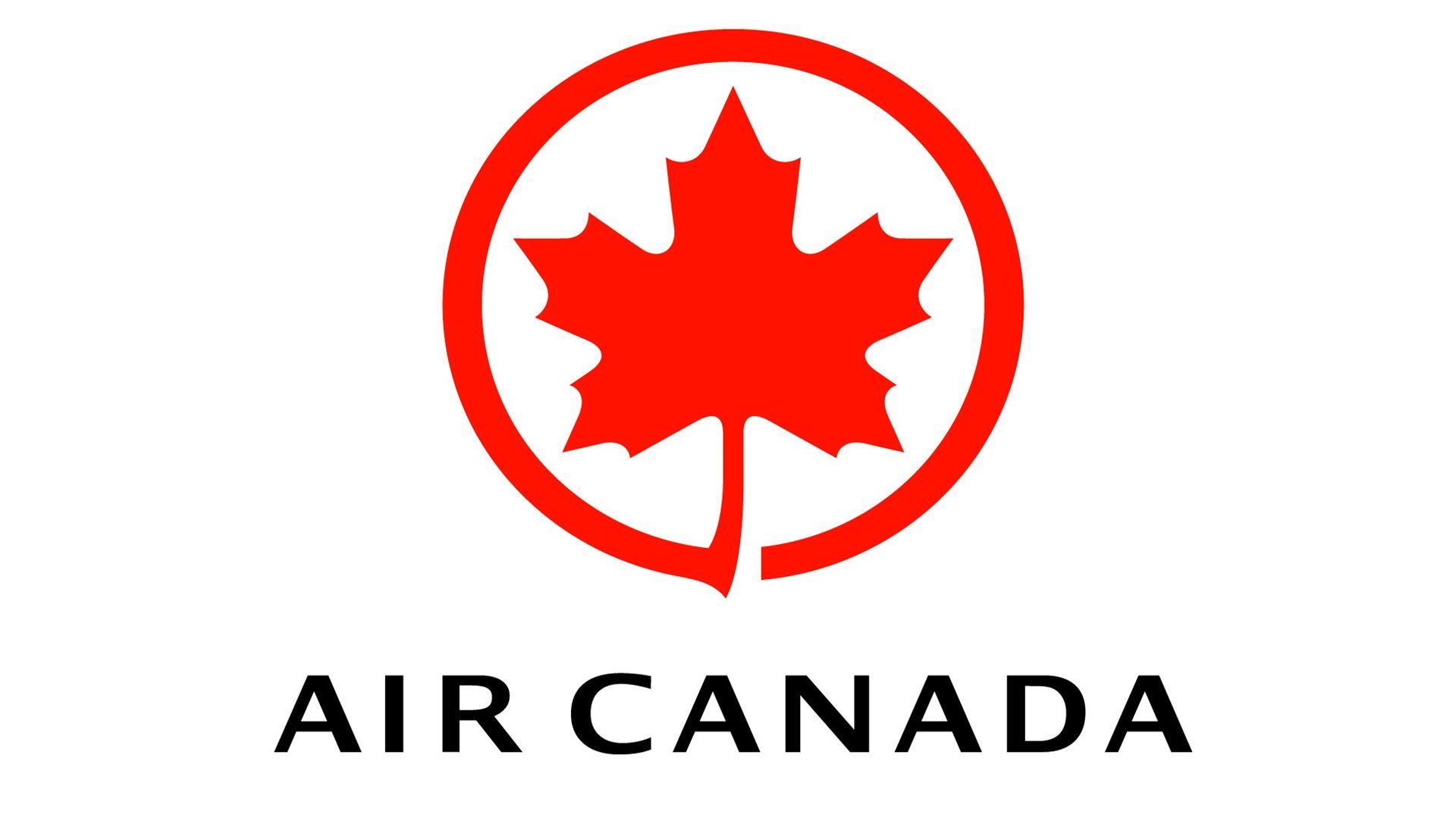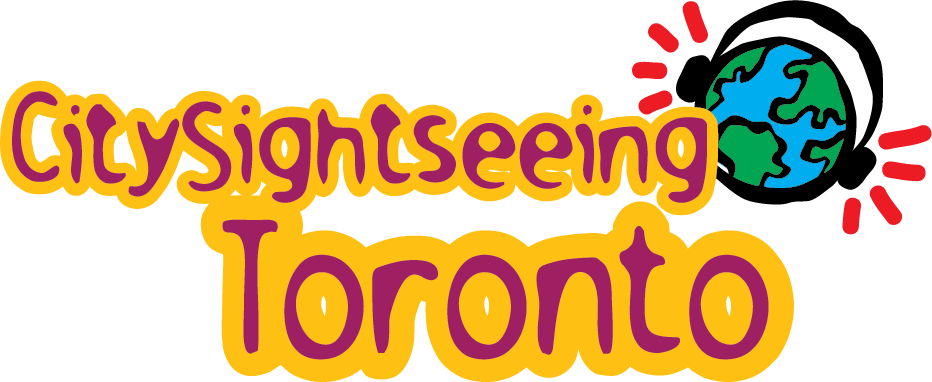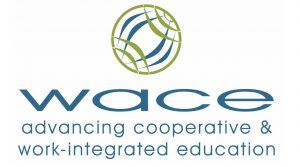Program |
Program(Subject to change) Tuesday, June 27th 12:30 – 1:30 p.m. International Research Council Meeting - IRC Executives only 1:30 – 2:30 p.m. National Association Meeting - National Association leaders only 2:30 - 3:30 p.m. WACE Global Strategy Council Meeting -GSC members only 3:30 – 5:30 p.m. WACE Executive Council Meeting -EC members only 6:00 p.m. – 6:15 p.m. Shuttles from the Delta to the Hampton 6:30 p.m. – 8:30 p.m. Welcome Reception (Hampton Inn) 8:30 p.m. – 8:45 p.m. Shuttles from the Hampton to the Delta Wednesday June 28th 7:00 – 8:00 a.m. Breakfast at hotels 8:00 a.m. Shuttles from the Hampton Inn and Delta Hotel to Federation Hall, University of Waterloo. 8:00 a.m. Registration 8:45 – 10:00 a.m. Opening ceremony and opening remarks 10:00 – 11:00 a.m. Keynote: Around the WIL World in 60 minutes 11:00 – 11:45 a.m. Networking, booths and poster presentations 11:45 a.m. – 12:45 p.m. Indigenous curated lunch 12:45 – 1:45 p.m. Session 1 (A-F), various locations 1:45 – 2:00 p.m. Break 2:00 – 3:00 p.m. Session 2 (A-E) , various locations 3:00 – 3:15 p.m. Break 3:15 – 4:15 p.m. Session 3 (A-E) , various locations 4:15 – 4:30 p.m. Break 4:30 – 5:30 p.m. Employer Panel Discussion (Fed Hall) 5:30 p.m. Shuttles from Fed Hall to the Delta and the Hampton 6:45 p.m. Optional dinner reservations Thursday, June 29th 7:00 – 8:00 a.m. Breakfast at hotels 8:00 a.m. Shuttles from the Hampton Inn and Delta Hotel to Federation Hall, University of Waterloo 8:00 a.m. Registration 8:30 – 9:30 a.m. Session 4 (A-F), various locations 9:30 – 9:45 a.m. Break 9:45 – 10:45 a.m. Session 5 (A-E), various locations 10:45 – 11:00 a.m. Break 11:00 a.m. – 11:45 a.m. Session 6 (A-E), various locations 11:45 a.m. – 12:45 p.m. Lunch 12:45 -1:00 p.m. Walk to Hagey Hall 1:00 – 2:00 p.m. Fireside Chat with the Right Honourable David Johnston 2:00 – 2:30 p.m. David Johnston book sale and signing 2:30 – 3:30 p.m. Session 7 (A-E) , various locations 3:30 p.m. Shuttles from Fed Hall to the Delta and the Hampton 5:45 p.m. Shuttles from the Delta and the Hampton to Tapestry Hall 6:30 p.m. – 10:30 p.m. WACE 2023 Gala dinner and awards ceremony 9:30 p.m. – 10:30 p.m. Shuttles from Tapestry Hall to the Hampton Inn and Delta Hotel Friday, June 30th 7:00 – 8:00 a.m. Breakfast at hotels 8:00 a.m. Shuttles from the Hampton Inn and Delta Hotel to Federation Hall, University of Waterloo 8:30 – 9:30 a.m. Session 8 (A-E), various locations 9:30 – 9:45 a.m. Break 9:45 – 10:45 a.m. Sweetgrass Braiding (Fed Hall) 10:45 – 11:00 a.m. Break 11:00 – 11:15 a.m. Global Charter recommitment 11:15 – 11:30 a.m. WIL Handbook Launch and signing 11:30 a.m. – 11:45 a.m. WACE IRS 2024 Presentation 11:45 a.m. – 12:45 p.m. Closing ceremony 12:45 – 1:00 p.m. Boxed lunch pick-up 1:00 p.m. Shuttles from Federation Hall to the Hampton Inn and Delta Hotel Poster Presentations Posters will be on display in Fed Hall for the duration of the conference. Presenters will be with their posters during the second half lunch on Wednesday and Thursday. | More Information |
Papers Accepted from Colleagues in the Following Countries:
Accepted PresentationsWe are delighted to present a list of the following accepted presentations:
|
Notes about the 2023 conference:WACE 2023 will be hosted in-person at the University of Waterloo in Waterloo, Ontario. However, as international restrictions and travel guidelines continue to evolve due to the COVID-19 pandemic, the conference format is subject to change. Continue to check this page for updates to the WACE 2023 conference programming. |
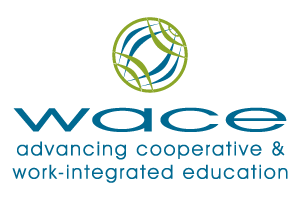


%20-%20felicia%20perrier.png)



